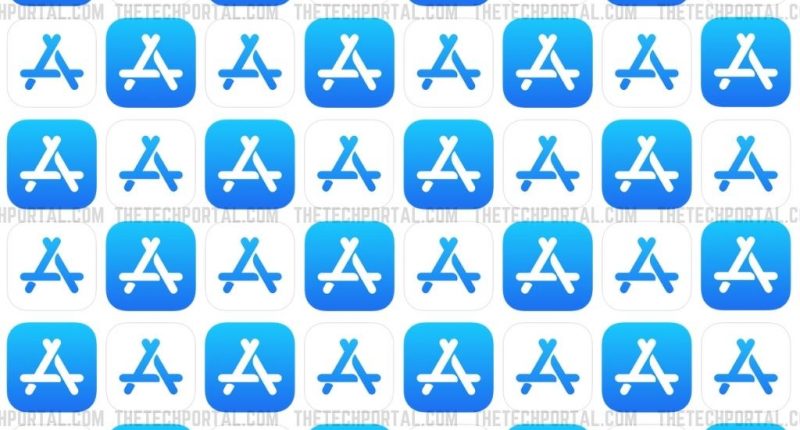Apple’s App Store has landed the tech giant into pretty hot waters in recent times – in fact, Apple had to relent to changing some of their App Store policies after facing heat from regulators across the world. While it is far from being perfect, the App Store now is more accommodating than before.
The company has now announced that it has added support for unlisted apps on its App Store.
These unlisted apps will not appear in any App Store categories, recommendations, charts, search results, or other listings on the platform. Instead, they will be available to users who have access to a direct link.
“Release your apps that aren’t suited for public distribution as unlisted on the App Store, discoverable only with a direct link,” Apple said in a post on its developer website.
This begs the question, what kind of apps fall under this category? According to Apple, this covers apps that have been developed for “specific organisations, special events, or research studies, or apps used as employee resources or sales tools.”
Developers with apps that are not suited for public distribution can submit a request on Apple’s website to distribute the unlisted apps. The unlisted apps can be distributed and accessed via the direct link, as mentioned before.
If Apple approves the request, then the distribution method of the app will change to “Unlisted App.” This will be applicable for all future versions of the app.
These unlisted apps are suitable for limited audiences, such as guests at a special event, members of an organization, research study participants, or a specific group of employees. If the app is already available on the App Store, then the link for the now-unlisted app will remain the same.
You can thus distribute your unlisted app to limited audiences, employee-owned devices that aren’t eligible to be managed through Apple School Manager or Apple Business Manager, and all regions supported by the App Store.
The unlisted apps will be made available to administrators via the Apple Business Manager or Apple School Manager. Apple added that for apps that have only been approved for private download on the Business Manager or Apple School Manager, developers will need to create a new app record in the App Store, upload the binary, and then set the distribution method to public.
There is something to bear in mind, however. The unlisted apps must be ready for final distribution. This means that if the apps are still in a beta or pre-release state, then Apple will not accept requests to make them unlisted.





